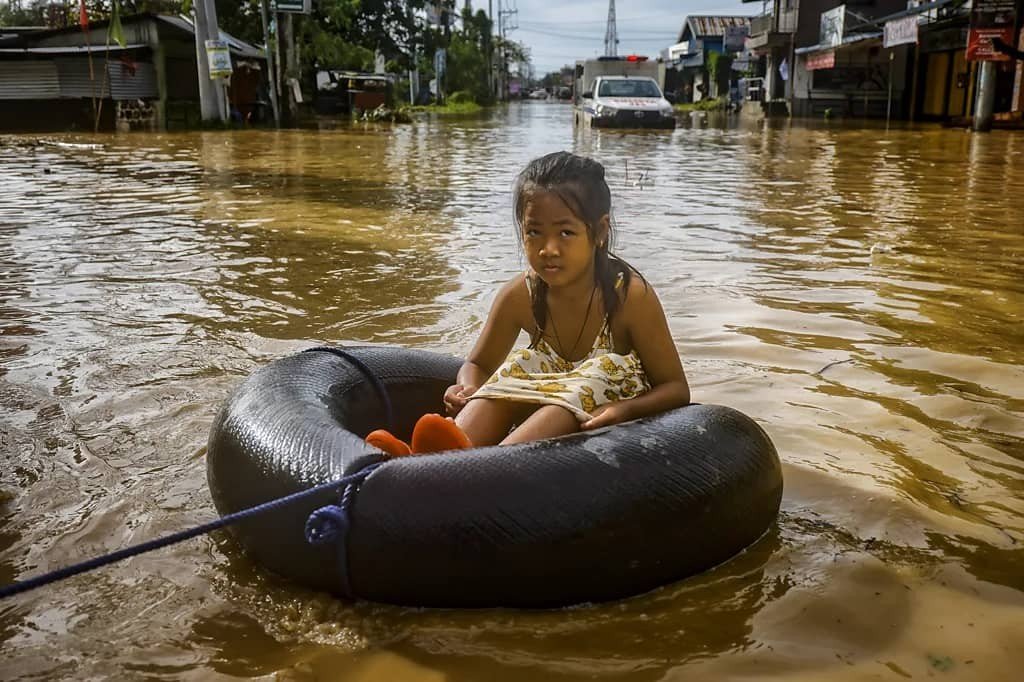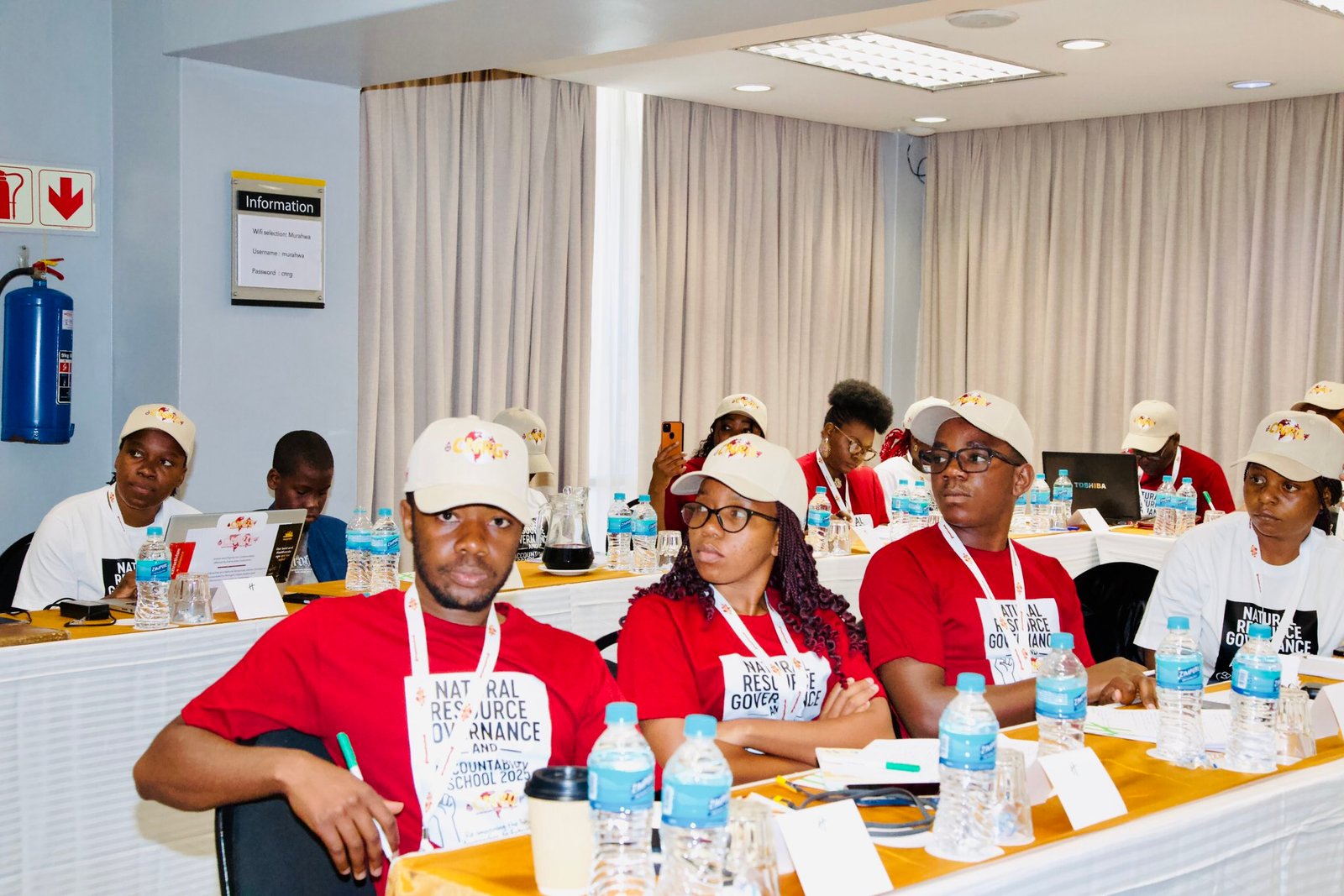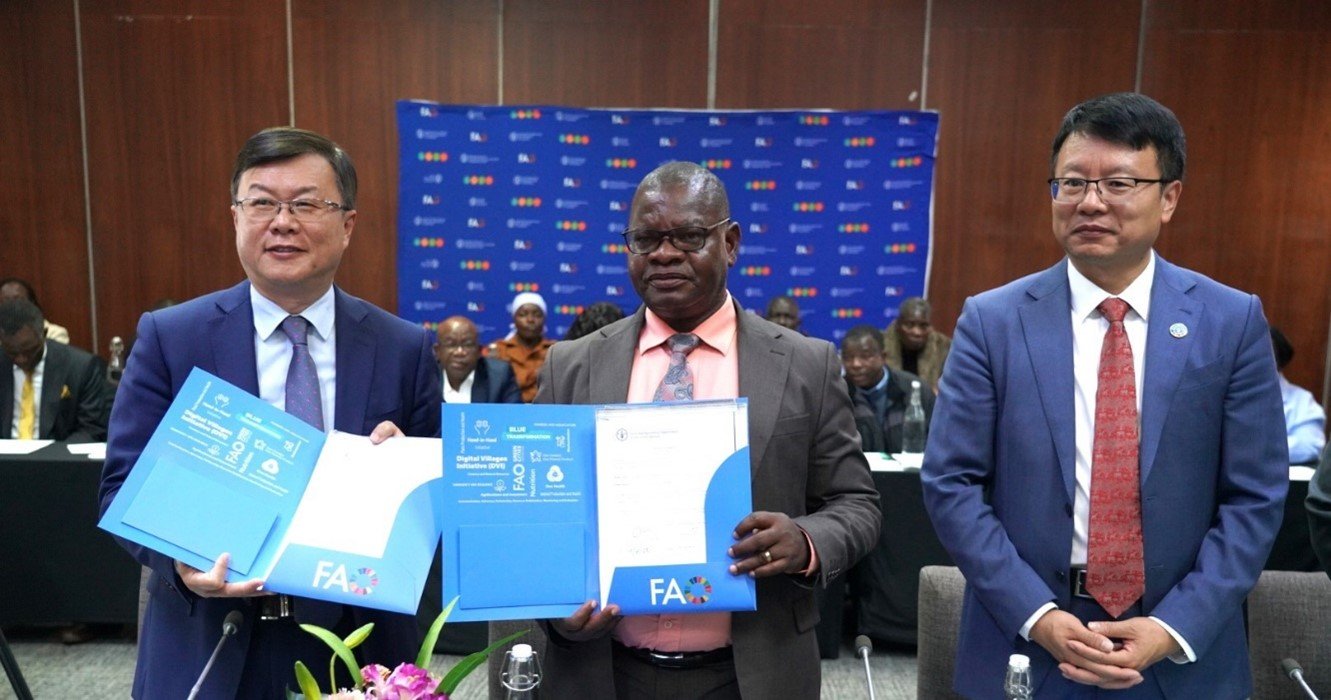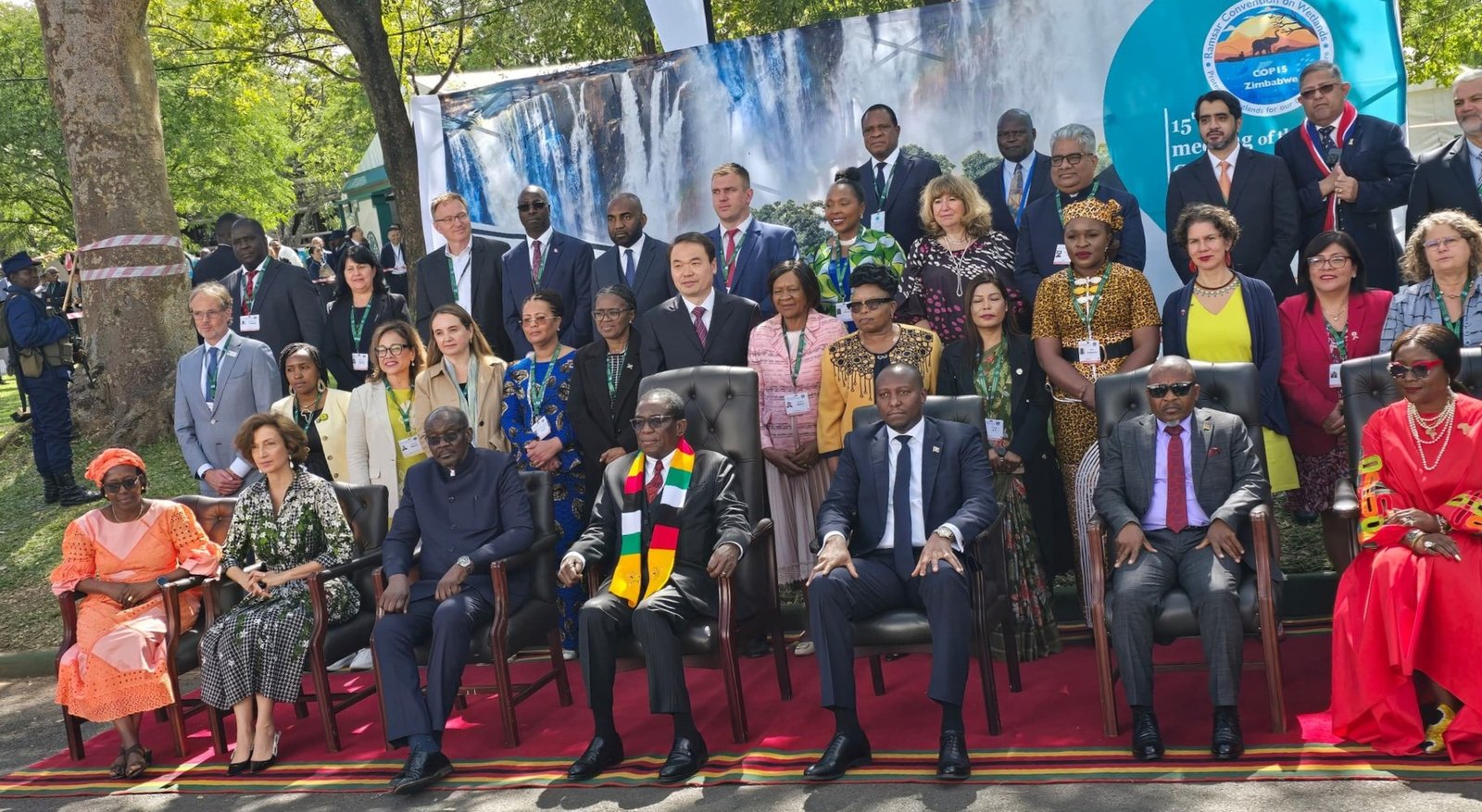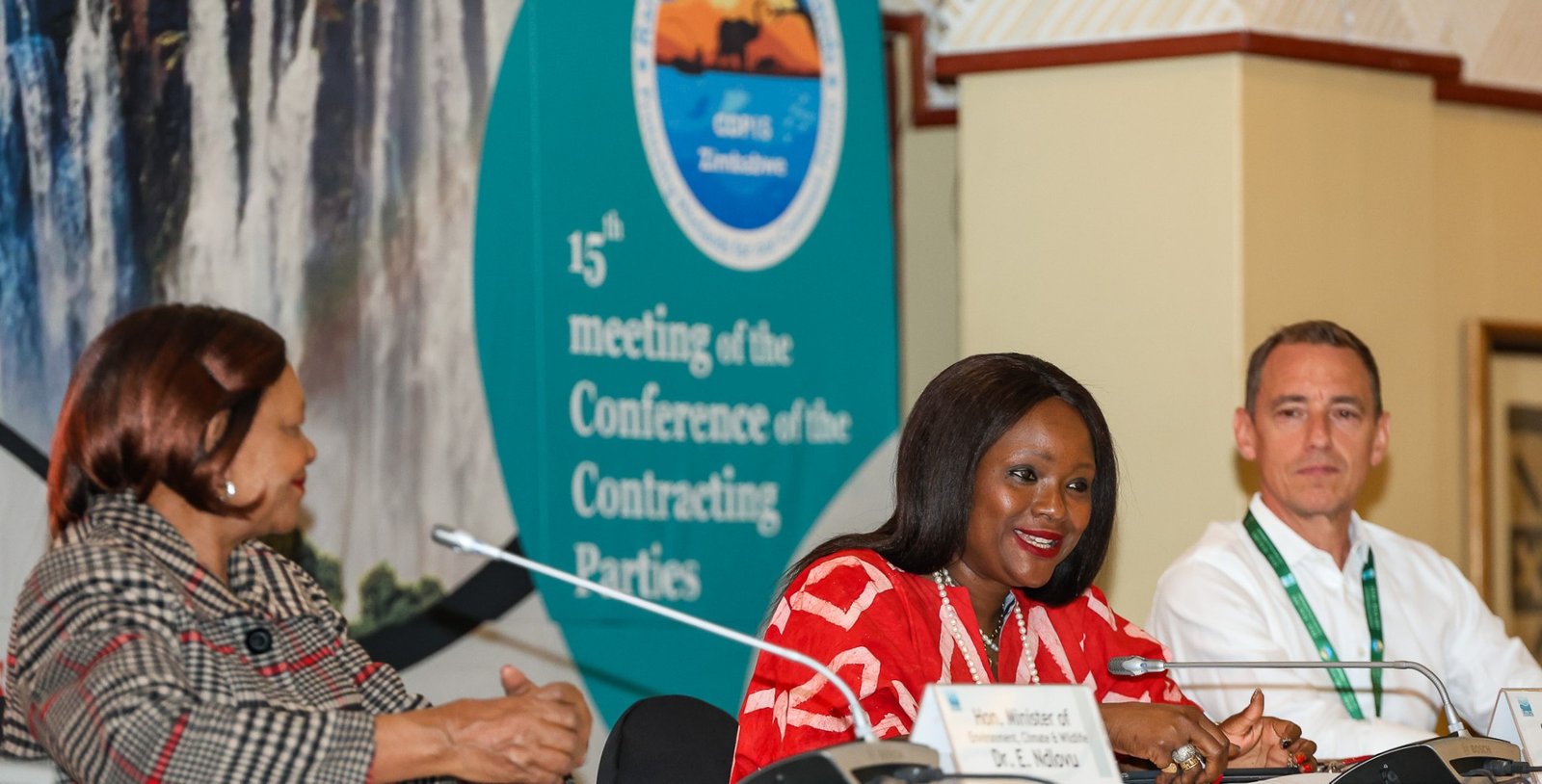With millions already displaced by climate-related disasters, Amnesty International is urging wealthier nations to take responsibility at the upcoming COP29 climate conference in Baku, Azerbaijan.
The organization is demanding that these countries fully compensate for the loss of homes and livelihoods, fund adaptation measures to prevent further displacement, and support a swift and equitable transition away from fossil fuels.
Currently, wealthier nations have pledged less than $700 million of the estimated $400 billion needed for loss and damage by 2030. In sub-Saharan Africa alone, annual adaptation costs are projected to be between $30 billion and $50 billion.
Amnesty International emphasizes that international financial institutions must ensure that funds are distributed equitably based on need.
Samira Daoud, Amnesty International’s Regional Director for West and Central Africa, stated, “African people have contributed the least to climate change, yet from Somalia to Senegal, we are suffering a terrible toll. It’s time for those responsible for this devastation to pay their fair share so African communities can adapt to the climate crisis.”
Research from Amnesty International reveals that climate-induced events such as droughts, floods, and storms are leading to widespread displacement and significant human rights violations across Africa. These impacts include loss of shelter, disrupted access to food and healthcare, and increased risks of gender-based violence.
In Somalia, more than a million people have been displaced due to ongoing drought and flooding, while coastal communities in Senegal are being forced inland as rising sea levels devastate their villages. In Chad, livestock herders are clashing with farmers over dwindling resources, exacerbated by rising temperatures.
The situation is dire in Madagascar, where a prolonged drought has displaced over 56,000 people, forcing them to seek refuge while facing additional human rights challenges. In Angola, hunger is driving vulnerable populations, primarily women and children, to migrate to Namibia in search of food.
Tigere Chagutah, Amnesty International’s Regional Director for East and Southern Africa, remarked, “The worst effects of climate change are already here. Extreme weather is destroying livelihoods and economies, forcing many to flee. National governments do not have the resources to respond adequately, and it is the responsibility of those who caused these disasters to provide the necessary support.”
Amnesty International insists that mobilizing the required funds is just the first step. The organization advocates for equitable distribution of the Fund for Loss and Damage to ensure that resources reach the most affected communities directly.
International financial institutions must provide debt relief to African countries looking to invest in climate adaptation. Chagutah notes that nations like Ethiopia currently spend far more on debt repayment than on climate resilience efforts.
“Half-measures are no longer acceptable. Commitments made at COP29 to fully finance loss and damage and adaptation in Africa must translate into tangible resources. The urgency of this crisis means Africa cannot wait any longer for action.”
“Given the scale of climate-induced displacement and human rights violations in Africa, half-measures and lip service are not enough from the richer countries who caused this crisis. But commitments at COP29 to fully and equitably pay for loss and damage and adaptation measures in Africa are just the start. The countries responsible for climate change, along with international finance institutions, must follow through and deliver the needed resources. Africa cannot wait any longer,” said Tigere Chagutah, Amnesty International’s Regional Director for East and Southern Africa.
According to estimates, Africa requires around $579.2 billion in adaptation funds between 2020 and 2030. However, current financial flows to the continent fall significantly short, with projections indicating they are five to ten times below the necessary amount. The Intergovernmental Panel on Climate Change warns that without improved adaptation efforts, sub-Saharan Africa could face a 12% loss of GDP by 2050, escalating to 80% by 2100 under high emissions scenarios.

